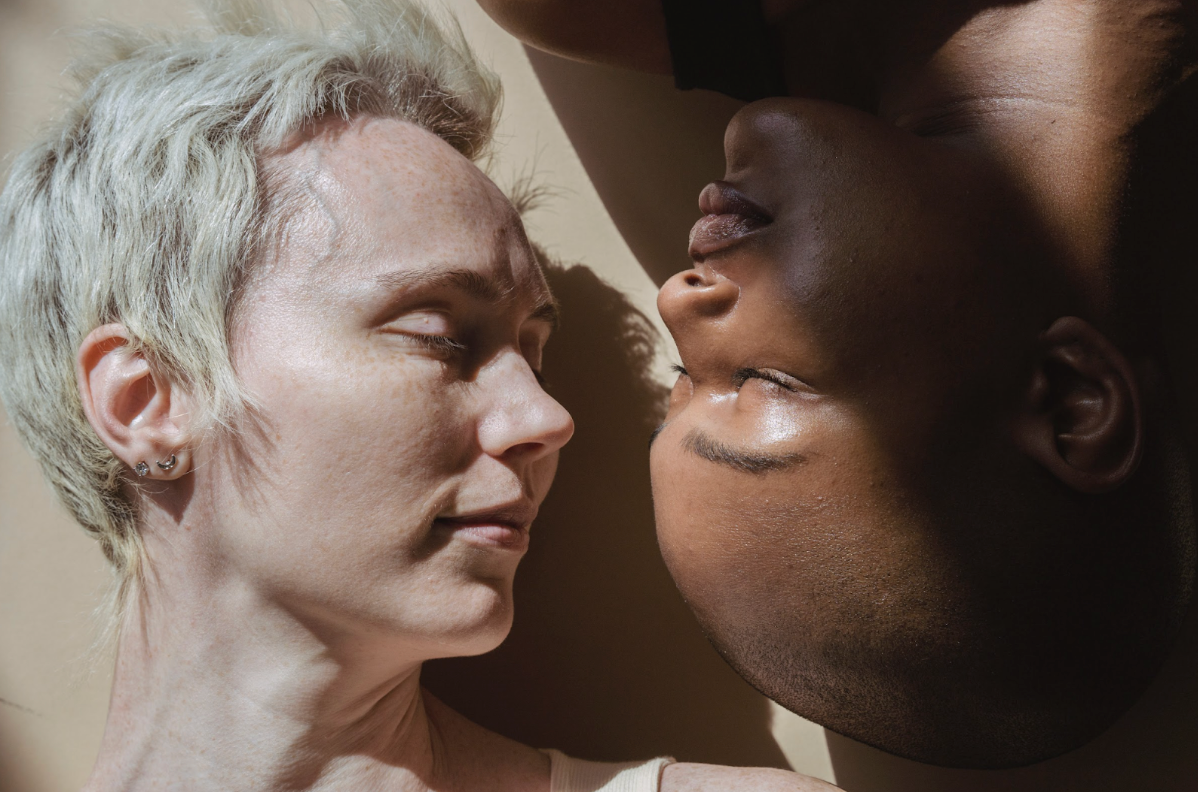Being a period ally isn’t about being perfect, it’s about being present. Whether you’re listening without judgment, standing up against stigma or pushing for policy change, your efforts make a difference.
Menstruation is experienced by millions of people around the world. Yet despite its universality, it remains surrounded by stigma, shame, and widespread misunderstanding. People who menstruate often face barriers to accessing products, support, and safe environments to manage their periods with dignity.
Being a period ally means actively supporting, uplifting, and advocating for people who menstruate, whether or not you menstruate yourself. Here’s how you can help foster inclusivity and menstrual equity.
Why Support Matters
Lack of access to period products, menstrual education, and safe spaces can lead to absenteeism from school or work, mental health challenges, and reduced quality of life. Period stigma continues to silence conversations and perpetuate harmful stereotypes. This makes allyship not just a gesture of kindness, but a necessity for equity.
You don’t need to menstruate to take action. Everyone has a role to play in dismantling the barriers and biases surrounding menstruation.
Ways to Be a Period Ally
Educate Yourself
Understanding the basic biology of menstruation is just the start. Learn about the diverse experiences people have, including:
- Different types of menstrual products (pads, tampons, menstrual cups, period underwear, etc.)
- Health conditions related to menstruation (e.g., endometriosis, PCOS)
- Cultural and social challenges that affect how menstruation is experienced
Don't be afraid to ask questions, respectfully. Seek out personal narratives, educational resources, and inclusive voices in the conversation.
Use Inclusive Language
Menstruation is not exclusive to women. Trans men, non-binary, genderqueer, and intersex people may also menstruate.
Choose words that reflect this diversity:
- Say “people who menstruate” instead of “women”
- Use “menstrual products” rather than “feminine hygiene”
- Avoid gendered assumptions when discussing periods
Be Supportive in Everyday Life
Small actions matter. If someone close to you is on their period:
- Offer them snacks, a heating pad, or a safe space to rest
- Check in without judgment
- Pick up menstrual products for them if needed and asked
Advocate for Access
Millions around the world face period poverty, meaning they can't afford or access the products they need. You can help:
- Donate to organizations providing free menstrual products
- Campaign for free products in schools, shelters, public washrooms, and workplaces
- Support policies that improve menstrual equity
Challenge Stigma
Period shame silences people and prevents open dialogue. As an ally:
- Speak up against period jokes or misinformation
- Normalize discussions about periods in everyday settings
- Share educational content on social media
Don't Make Assumptions
Not everyone experiences menstruation the same way. Some may find it empowering, others may associate it with gender dysphoria, illness, or trauma.
Always respect:
- People’s privacy
- Their choice to share (or not)
- The ways they choose to manage their periods
Building a More Inclusive Future
Menstrual equity is about more than product access, it’s about respect, dignity, and inclusion. When we support people who menstruate with empathy, knowledge, and tangible action, we challenge long-standing taboos and open the door to systemic change.
You don’t have to have a period to be part of the movement.
Ways You Can Start Today:
- Understand and learn accurate information about menstruation
- Normalize conversations around period pain, PMS, and menstrual health
- Support gender-inclusive and culturally-sensitive period initiatives
- Vote for leaders and policies that prioritize reproductive and menstrual health equity
Being a period ally isn’t about being perfect, it’s about being present. Whether you’re listening without judgment, standing up against stigma or pushing for policy change, your efforts make a difference.




